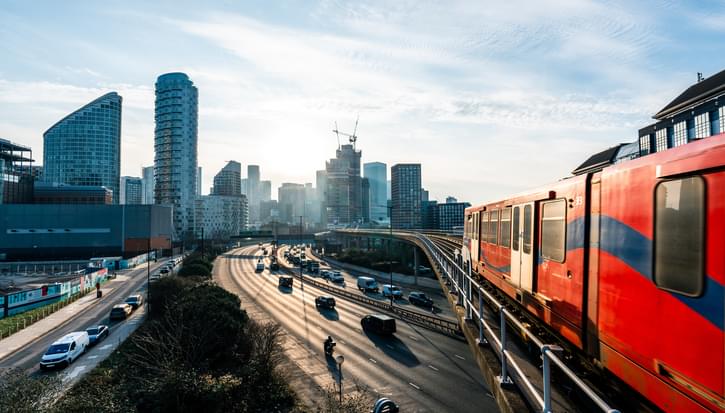80% Challenge: Delivering a low-carbon UK
Article
In this work, ippr, WWF and the Royal Society for the Protection of Birds (RSPB) set out to investigate whether a target of 80% can be achieved in the UK by domestic efforts alone and what the costs of doing so would be. We employed two approaches - the MARKAL-MACRO model, used by the government for the 2007 Energy White Paper, and a model developed by Professor Dennis Anderson at Imperial College, employed for the Stern Review on the economics of climate change.
We followed the same assumptions and approaches used by government, but added some constraints that we consider environmentally essential. Unlike the government, we included emissions from international aviation, with a multiplier to allow for non-carbon dioxide effects, in our targets and models. This clearly made our approach much more challenging - however, we believe it is indefensible to exclude this large and rapidly growing source of emissions from UK targets.We examined the implications of excluding new nuclear electricity generation and placed limits both on the use of biofuels and wind.
The key conclusion is that it is feasible to reduce the UK's emissions by 80% by 2050, and at costs that are not prohibitive.
This report was published simultaneously with 2050 Vision: How can the UK play its part in avoiding dangerous climate change?.
Related items

The direction of AI innovation in the UK: Insights from a new database and a roadmap for reform
Recent developments in artificial intelligence could have transformative effects on the economy.
Simply about supply? How housing issues vary by region
Why we need a place-informed approach to deliver new homes across the country.
Planes, trains and automobiles: How green transport can drive manufacturing growth in the UK
Transport is essential to our lives. Unfortunately, it is currently also the largest source of UK domestic carbon emissions.